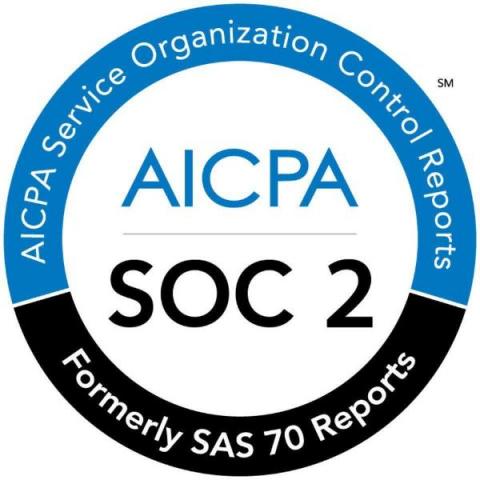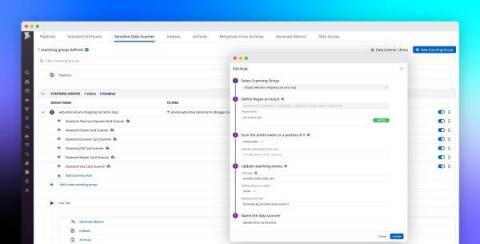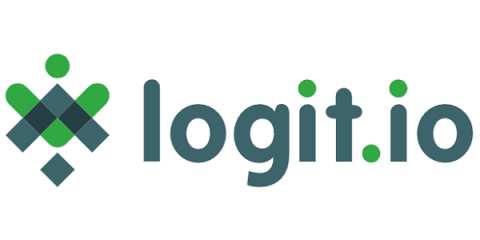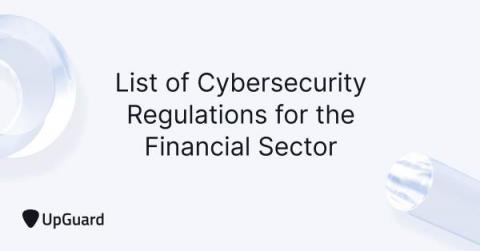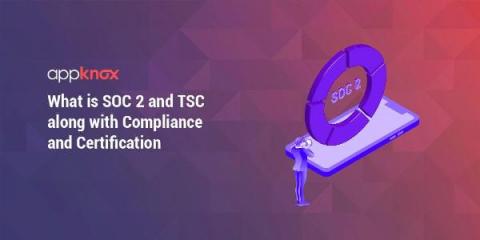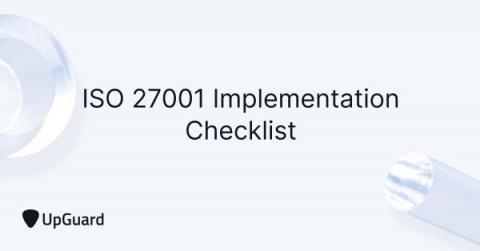LimaCharlie Achieves SOC 2 Certification
LimaCharlie has successfully completed its Service Organization and Control (SOC 2) audit. The audit was conducted by the Johanson Group, a leading professional service firm that focuses on SOC 2 & 3 examinations for public and private companies. The Johanson Group counts Cisco, Symantec and Broadcom among their many clients. They have members on the team that are Certified Information System Auditors (CISA) and are Certified Information Systems Security Personnel (CISSP).


